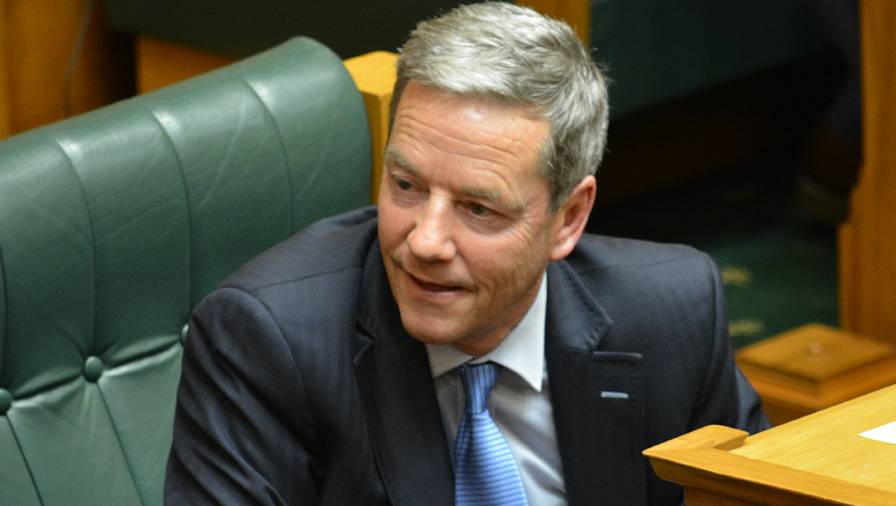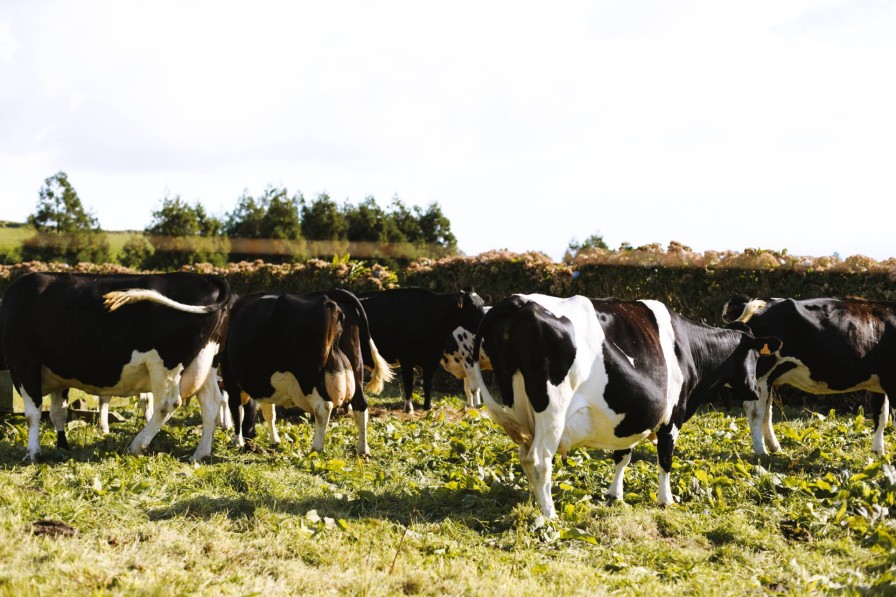It has taken a few months but finally the Commerce Commission has found that the building supplies market is not as competitive as it could be.
That will come as no surprise to many working in the building sector or to customers who pay exorbitant amounts for the materials needed to build or renovate a home.
But don’t expect immediate change. This is a draft report, and the sector now has the opportunity to respond before the commission completes its final report by the end of the year.

A new report the market for building supplies is not as competitive as it should be.
Commerce and Consumer Affairs Minister David Clark has, however, given building supply companies – and this must surely be mostly aimed at Fletcher Building – notice that they can act now before the Government determines what recommendations it will adopt from the commission’s report.
“My message to anybody involved in the sector, particularly if they’ve got a risk of substantial market share and market power that could be exercised, that they should very closely examine their practices,” Clark told NBR last week.
While the Commission has found a lack of competition on the building supplies sector, just as it did with its report into the supermarket sector, it has stopped short of recommending bold measures to pull the sector into line.
National’s building and construction spokesperson Andrew Bayly was one of those critical that the recommendations did not go far enough.

National Party building and construction spokesperson Andrew Bayly.
“We are surprised the Commerce Commission’s report failed to deal with the competitiveness of the industry or suggest urgent enough recommendations that will result in lower building costs,” Bayly said.
Drastic steps?
Clark observed that when it came to the recommendations of the supermarket report the Government adopted all but two of the Commission’s recommendations. In the case of the two it rejected, it went further than the Commission had proposed.
He will not be drawn yet on whether the Government will also take more drastic steps to bring competition to the building supplies market, saying it would wait for the final report before determining its full response.
NBR presenter Grant Walker remains sceptical that anything will happen, suggesting nothing much had happened to bring down supermarket prices and this was another example of “more talk, no walk”.
Progress is being made in the supermarket sector, but it is difficult to make big changes that immediately bring down prices, particularly in an environment of high inflation.
Yet the inflationary environment gives added urgency to the need for the Government to ensure both the supermarket and building supplies sectors are as competitive as possible.
A year from now, voters might judge the Government harshly if there is little evidence of change.
Consumers, particularly property owners, face other looming costs as the country takes steps to adapt to climate change impacts, such as more frequent storms, floods, droughts and rising sea levels.

Who will pay to protect properties threatened by the impacts of climate change?
How much and who pays?
The long-awaited national adaptation plan was released last week but faced criticism immediately for not detailing the costs of action and making clear who would pay.
Walker believes there are no costings in the plan because the Government does not want to frighten voters in the run-up to next year’s election. More likely, though, is that the Government just does not know how much it will cost to take measures to protect against the worst impacts of climate change, including the cost of moving the most at-risk properties to somewhere safer.
The plan does set up a platform for further discussion between central and local government, property owners and insurers about what needs to be done and who should pay what. As part of the plan a new portal will also be set up to clearly define at-risk areas. This will likely have an impact on property values in flood-prone areas and those coastal settlements vulnerable to sea level rise.
Meanwhile, Federated Farmers has released its latest biannual survey of farmer sentiment, saying confidence is the lowest since the survey began.
While prices are at historic highs for dairy farmers, the sector faces a lot of change and uncertainty, not the least around how it responds to climate change. Other regulatory changes being introduced by the Government are also blamed for denting farmer confidence.
Farmers’ incomes might be up and farm debt down, but that uncertainty and rising costs puts a dent in their confidence.

Farmers face uncertain and rising costs.
Green Party turmoil
Talking of uncertainty, it is also something the Green Party faces as its branches now have to vote again on whether to confirm James Shaw as co-leader or opt to re-open nominations after no-one put their name forward to challenge him.
The party was thrown into some turmoil when, at its annual meeting last month, 30% of delegates voted to re-open nominations, rather than endorse Shaw as co-leader. But that has not led to an expected challenge to Shaw, who is the only person contesting the position.
Under the party’s rules, the same thing could happen this time. If at least 25% vote to re-open nominations, the co-leadership saga will drag on.
Presumably those delegates who blocked Shaw being confirmed as co-leader have made their point but until this new vote is counted – and it might take until early next month – nothing is certain.
Walker asks whether anything is certain about next year’s election and whether the Government, which is struggling with a number of troubled reforms, get things back on track?
The Government might get its reform programme – such as Three Waters and vocational education restructuring – completed by the time of the next election, but will those changes win it any votes?
Is the Government listening?
Walker points out, for example, that the Finance and Expenditure Select Committee will hear submissions on the Water Services Entities Bill and will do that in a shortened time frame. Many submitters will not get to appear before the committee. It has reinforced the Opposition’s argument that the Government is pushing through its reform agenda and ignoring public concerns.

The Government’s Three Waters Reform Programme remains controversial.
National’s local government spokesperson Simon Watts says the committee has received about 90,000 submissions on the Bill, most of them opposed to it.
This week will also see the third readings on a couple of other controversial pieces of legislation: the Three Strikes Legislation Repeal Bill and the Oversight of Oranga Tamariki System and Children’s and Young People’s Commission Bill.
The Three Strikes legislation will prompt more debate on law and order, with the Opposition likely to renews its criticism that the Government is soft on crime.
In terms of the Oranga Tamariki legislation, the Government has been criticised from all sides about that legislation.
There is a sense that Labour, with a simple majority in Parliament, is acting very much like a first-past-the-post Government and pushing through legislation without seeking the sorts of compromises MMP politics normally demands.
The problem that poses is the Government is failing to build broader support, even if it is grudging support, for its reforms. It means, too, that many of these big reforms will be quickly reversed when there is a change of government.
Brent Edwards is NBR’s political editor.









